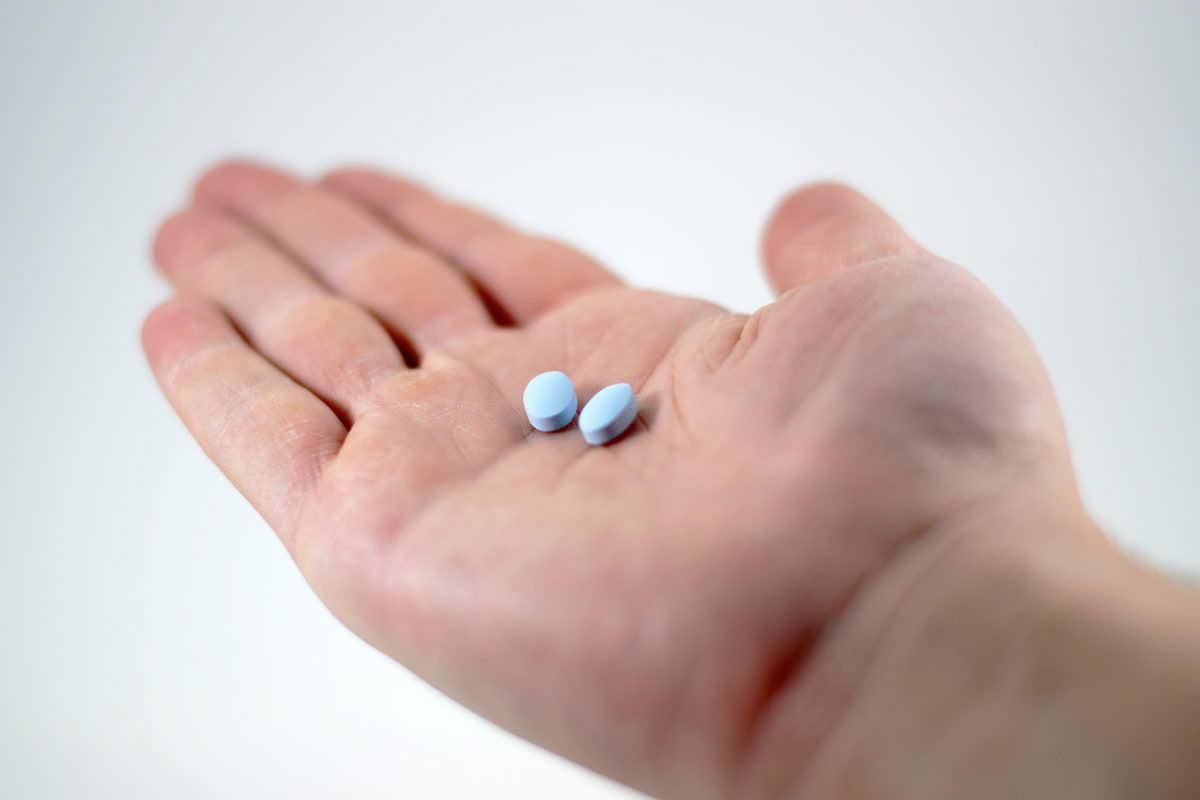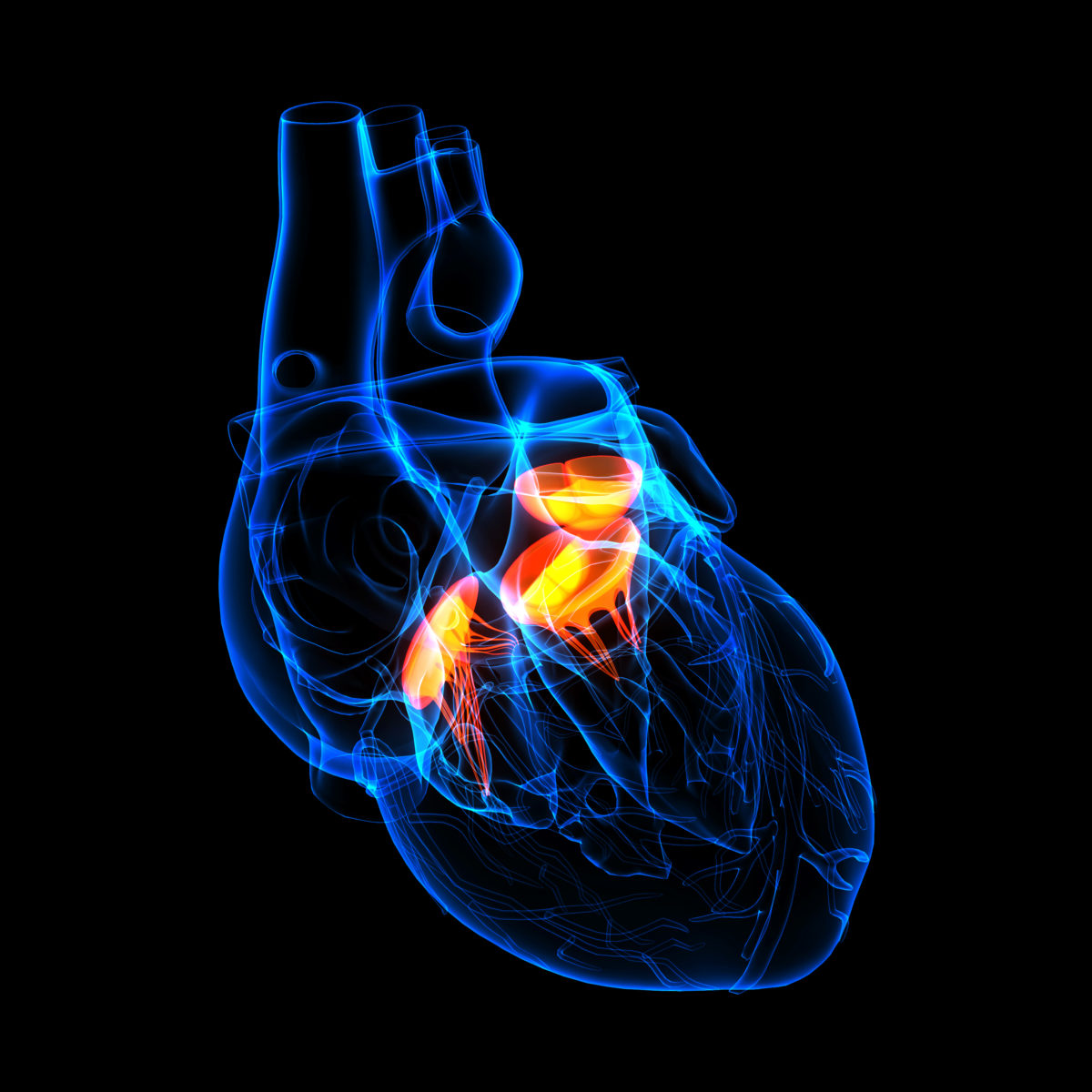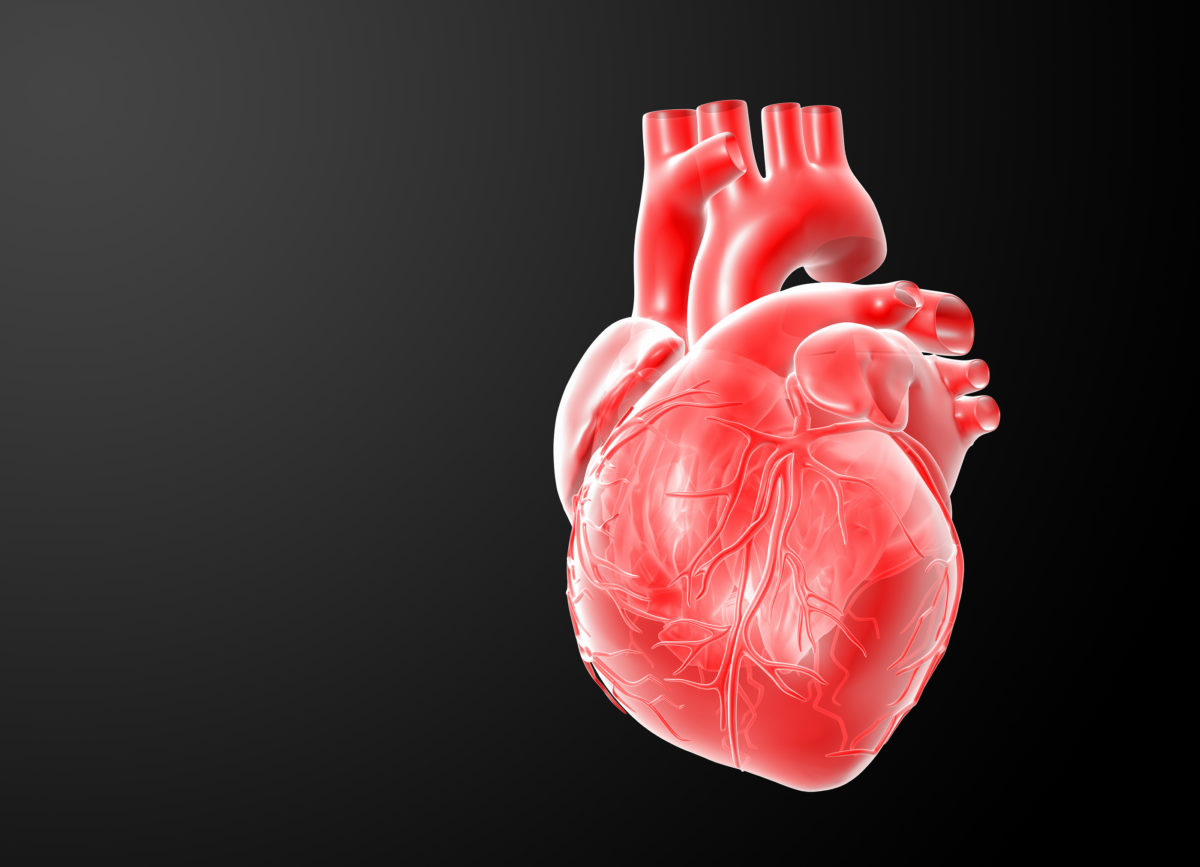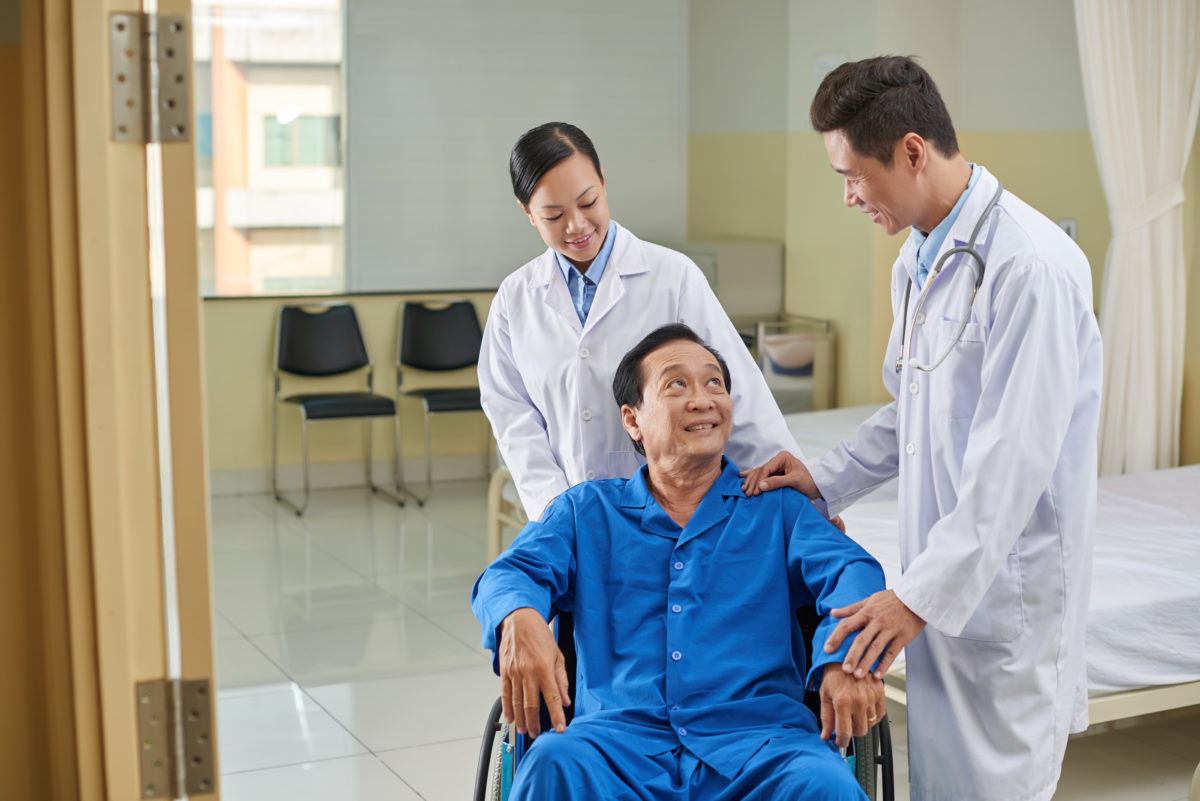Did you know a painkiller, one that’s probably in your medicine cabinet right now, can increase your risk of heart disease? Scary thought, right? Well, over-the-counter NSAIDs (nonsteroidal anti-inflammatory drugs) have been proven to increase the risk of heart disease through heart attacks and strokes. Studies have shown a 20 to 50 percent increase in risk of heart attack when using NSAIDs compared to when not using them.
It’s best to take these types of medications in small doses and for a short time so they will not have serious effects on your heart. Don’t become a regular user.
Common NSAIDs you can find in your home include ibuprofen and naproxen, the most common being Advil, Motrin and Aleve. Aspirin is a type of NSAID but not does not increase your chances of having a heart attack or stroke. All these over-the-counter NSAIDs are used to treat pain and inflammation in the body.
If you currently suffer from any heart condition, you should take NSAIDs with caution, and definitely talk to your doctor about taking them. For people with heart conditions, NSAIDs can potentially make your conditions worse. You don’t have to stop taking NSAIDs, especially if you’re in a lot of pain, but be mindful of how, when, and why you’re taking them.
Even if you currently don’t have a heart condition, be cautious when taking NSAIDS. If you truly need to take one for pain relief, aim to take the smallest dosage, and not for an extended period.
Studies haven’t proven that NSAIDs cause heart attacks, but some research shows that NSAIDs can increase blood pressure or raise the risk of a blood clot, which can lead to a heart attack.
Even though these NSAIDs are over-the-counter medications, you should be careful with them in the same way you would be with a prescription-level painkiller. Medication is medication, and too much of any kind can do you harm.
If you have heart disease and need surgery on your valves, Dr. Peter Mikhail performs mitral valve surgery and aortic valve surgery in and around Tampa, Clearwater, and New Port Richey, Florida. To book a consult, click here or call 727-312-4844.







